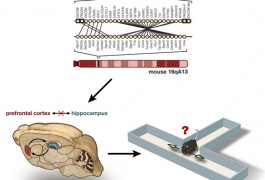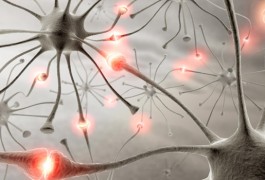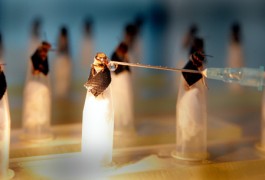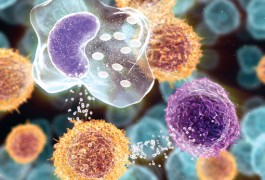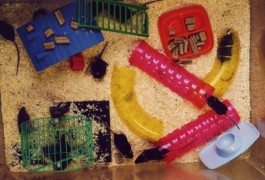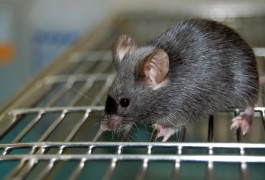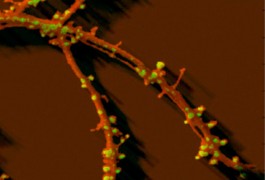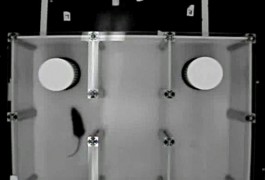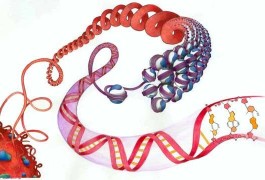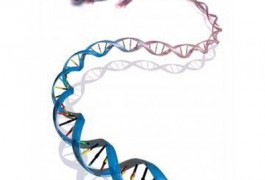Faulty connectivity found in mouse model of schizophrenia
Mice engineered to carry a well-known risk factor for schizophrenia show disruptions in the connections between two brain regions that coordinate memory and learning. And these disruptions directly cause problems with working memory — the ability to actively hold information and to recall that information to make a decision, according to a study published in Nature.
